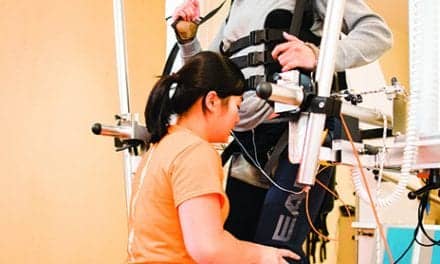
Peter Kaufmann, MD, associate director, clinical research at the National Institute of Neurological Disorders and Stroke (NINDS), explains that the new system, “is intended to streamline stroke research, by centralizing approval and review, lessening time and costs of clinical trials, and assembling a comprehensive data sharing system.”
A news release from the NIH notes that the NINDS will fund and manage the NIH Stroke Trials Network, or NIH StrokeNet. The 25 centers, the release states, are placed in every region of the country. Successful applicants exhibited experience in stroke research and recruitment, including the ability to enroll underrepresented populations. The applicants were also required to offer access to the full team of specialties involved in stroke care. These specialties include stroke rehabilitation, emergency medicine, neurosurgery, interventional neuroradiology, vascular neurology, neurointensive care, neuroimaging, and pediatric neurology.
According to the release, each center is set to receive 5-year funding and the University of Cincinnati will manage the national clinical coordinating center. The center is intended to oversee and coordinate the institutional review board and master trial agreements for all of the regional centers. NIH is slated to announce the award of a national data management center in February.
While coordinating with the broader stroke community, NIH StrokeNet investigators will propose, develop and conduct stroke protocols to be administered within the network and train the future generation of clinical researchers in stroke.
“NIH StrokeNet will allow the most promising therapies to quickly advance to the clinic, to improve prevention, acute treatment, or rehabilitation of a stroke patient. We need to have a balance of approaches to decrease the burden of illness due to stroke,” emphasizes Walter J. Koroshetz, MD, NINDS deputy director.
Scott Janis, PhD, NINDS program director of the NIH StrokeNet, emphasizes the goal of the network, which aims to, “initiative four to five NINDS-funded exploratory Phase I and II stroke clinical tirals, and two to four Phase III trials over the next five years. This is a major challenge which we believe the stroke research community will embrace.”
Source: NIH ?



